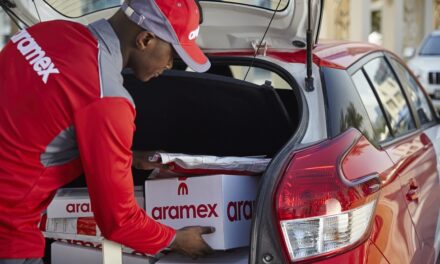
It's in the post: a personalised address for life
BRITAIN is aiming to become the first country in the world to introduce personalised postcodes that would replace the traditional name and address.
The Royal Mail is examining ways to sell the codes as part of its drive to be more commercial. It mirrors what the DVLA has done with personalised car number plates.
The scheme, still in its early stages, would enable customers to apply initially for a postcode for life, which would remain the same regardless of how many times they changed address. The names of individuals and companies could be used to form the code.
Instead of having your home or business addresses on the envelope, your “code for life” would be electronically swiped and mail forwarded to wherever you have registered your whereabouts. In theory, if customers spend their summer at a second home, mail could be temporarily forwarded there.
Gillian Wilmot, managing director of Royal Mail’s business and consumer markets, said: “It would work on the same basis as an e-mail: the post would be delivered to the person, not the address. It is at concept stage and we are working out how to make this possible. The team is looking to be able to deliver mail to you wherever you happen to be.”
Wilmot, who was recruited from Next, was brought in for her marketing experience from the business world. She is behind an innovations unit set up to examine other money-spinning ideas.
She is developing plans for personalised stamps, printing stamps from home and an interactive pillar box.
“Smiler” stamps were introduced in a trial at the end of last year. Employees and their friends were invited to send in photographs, which were reproduced, a few centimetres wide, attached to stamps.
The whole miniature photograph combined with stamp can be stuck on an envelope. This has proved popular and Wilmot is looking at making this service more widely available.
Debbie Searle, 25, a tour operator from Upminster, east London, had “smiler” stamps made of her mother and father for Christmas, which she used on cards to her family. “I think it is a good idea,” she said. “We have a lot of relatives abroad and it is an unusual way of personalising our greetings and bringing the family together.”
Designers are also working on a prototype interactive red pillar box that will sell stamps, weigh letters and parcels, give instant proof of posting, take passport photos and offer computer links to Post Office services, including ordering forms and currency.
Another concept, the Post Office on a PC, is also being developed. It envisages customers printing their own “stamps” using home computers and paying for them over the internet. They might even be able to get a discount similar to BT’s friends and family scheme.
Wilmot said: “We are looking to develop a whole range of new ideas in the light of becoming more commercially focused. We operate in a very fast-moving and competitive market place where innovation will make all the difference.”










